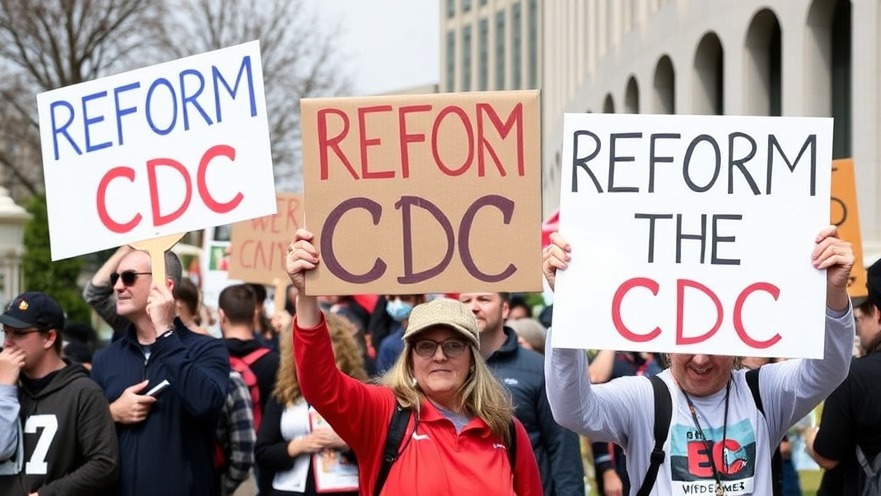
The Fallout of Changing Vaccine Policy at the CDC
The recent resignations of three senior officials from the Centers for Disease Control and Prevention (CDC) have sent shockwaves through the public health community. As the agency grapples with significant changes initiated by Health and Human Services Secretary Robert F. Kennedy Jr., concerns are rising about vaccine safety and public trust in the nation's health policies.
Debra Houry, Demetre Daskalakis, and Dan Jernigan—the CDC veterans who resigned—expressed deep dissatisfaction with what they termed a troubling shift in CDC's vaccine advisory process. Under Kennedy’s leadership, the previous Advisory Committee on Immunization Practices (ACIP), long regarded as a bastion of scientific integrity, has been replaced by a new group featuring advisers with known vaccine skepticism. This overhaul has raised alarm bells about the quality and reliability of vaccine recommendations in the midst of a critical respiratory illness season.
Historical Context: A Shift in Public Health Policy
The restructuring of the ACIP marks a pivotal moment in U.S. public health policy, which has traditionally emphasized evidence-based recommendations grounded in rigorous scientific debate. Since its establishment in 1964, this committee has been instrumental in shaping national immunization policy. The decision to install advisers with preconceived biases signals a departure from established public health practices, potentially undermining decades of progress in vaccine acceptance and administration.
Why Transparency in Vaccine Recommendations Matters
Transparency in healthcare decision-making is crucial, particularly when it involves vaccinations that impact public health significantly. Houry lamented the lack of engagement and transparency under the current administration, noting that scientific arguments should always be valued over preconceived conclusions. The resignations underscore what many perceive as an increasing politicization of science—a concern echoed by various health professionals across the country.
The Response from the Medical Community
Much of the medical community is reprising its role as vanguards of public trust amidst these unsettling changes. Medical organizations and state public health agencies are proactively issuing their vaccination guidelines, aiming to reassure the public as confusion reigns. The recent narrowing of eligibility for updated COVID-19 vaccines has only compounded these issues, raising questions about insurance coverage and access for many Americans.
Public Opinion: Trust and Misinformation
As vaccine skepticism grows, fueled by the current political climate, public trust in health institutions is waning. Kennedy’s claims of reducing corporate influence over health recommendations may resonate with certain segments of the population but could further polarize views on vaccination among skeptics and proponents alike. The urgent question facing the CDC—and the public—is whether this overhaul will lead to a net benefit or exacerbate existing doubts about vaccine safety.
A Call to Reclaim public health integrity
As the CDC navigates these tumultuous waters, it is imperative for health officials to harness an intense focus on data-driven policies and restore public trust. Community engagement, open seminars, and transparent discussions about vaccine efficacy and safety could be pivotal in bridging the gap created by these changes. The call for robust data and evidence-based guidelines must resonate strongly from health leaders as they respond to the interests of a concerned public.
Conclusion: Ensuring the Future of Public Health
The recent resignations at the CDC reflect a broader concern about the trajectory of public health policy in the U.S. As changes continue to unfold, the implications for vaccine acceptance could be profound. It is vital for citizens and health professionals to advocate for comprehensive, data-driven policies and emphasize the importance of transparency within health agencies. The discourse surrounding vaccinations must return to its evidence-based roots to foster a renewed confidence in public health initiatives.
 Add Element
Add Element  Add Row
Add Row 



Write A Comment